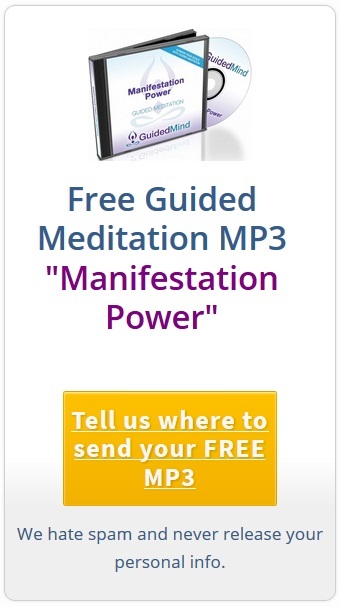When we forgive, we extinguish a rage that is capable of consuming us up from the inside.
Holding grudges against others because of perceived or actual slights against us is not healthy neighter for our minds nor for our bodies.
When we hold grudges against ourselves because of past missteps, the effects can be even more serious. Guilt and shame can have terrible effects on our mental and physical health.

- We all make mistakes.
- Some mistakes are bigger than others.
- Some mistakes seem unforgivable.
But mistakes contribute to making us better people.
We may forget that we learn some of life’s most important lessons when we make a serious error in judgement, live through the consequences, and then recognize how we should have handled the situation differently.
We hang on to guilt to punish ourselves for our erroneous ways. Self-forgiveness is not easy. We all struggle with it.
Follow These 7 Steps and Forgive Yourself Gracefully.
Are you trying to move on from errors you’ve made in the past? Try these seven steps to help you on your way.
Step 1. Acceptance.

Accept that you let others down, and that you let yourself down too.
Forgiveness isn’t possible if you suffer from a guilty conscience but refuse to accept responsibility for what you did.
If you were in the wrong, then you were in the wrong. Trying to justify your actions when you were clearly at fault prevents healing.
Take responsibility for those actions, and reflect on the consequences of them on both you and those around you.
Step 2. Analyze the mistake.
Ask yourself:
- What were the circumstances surrounding the incident?
- Why did I abandon my principles?
- Why did I feel that was the best course of action to take?
- Were there no other alternatives?
Breaking down and categorizing the mistake facilitates a clearer understanding of why you allowed it to happen, and it makes it easier to see the experience as a lesson learned and an error to avoid repeating.
Step 3. Analyze your guilt.

- Why do you feel guilty?
- If you are struggling to forgive yourself, why could this be?
- Have your morals and principles changed?
- Are these new values adding to your guilt?
Think about how the values you hold dear help you to be a better person
. You may not have held the same beliefs as you had in the past.
It is not fair to judge yourself based on the person you’ve were at the time the foul was commited, rather than on the person you have become.
Step 4. Right the wrong.
It takes courage to say ‘’I’m sorry.’’ It takes effort to rectify mistakes. Sometimes it seems there’s nothing that you can do to make things better.
Try.
There are always steps you can take after making a mistake to deal with the consequences and to prevent more damage from occurring.
You may not be able to fix the damage entirely, but do what you can.
Reaching out with acts of kindness towards those you may have hurt or offended goes a long way in aiding the healing process.
Step 5. Don’t dwell on the mistake.

Reflecting on a mistake and realizing that there were better ways of dealing with a situation is ok.
Dwelling on the mistake, going through it repeatedly in your mind and judging yourself harshly for what you did only stifles progress.
We certainly need to see the error of our ways, but living in the past closes the door to the future. Stop yourself from agonizing over past errors.
Step 6. Be kind to your soul.
Resist the urge to beat yourself up over a past misdeed.
You have acknowledged your lapse in judgement and you have taken steps to address it, so focus on the present.
What kind of person have you become? Think about the good deeds you do, and about how you positively affect others.
There are many who see the beauty inside you. Now look inwards and see that for yourself.
Step 7. Ask for help.

This is not a battle you have to fight alone. Reach out for help if you are struggling to overcome serious feelings of guilt.
Share your feelings with those close to you, and don’t be ashamed to seek out professional help either.
Feeling regret and guilt over something you’ve done wrong in the past signals that you are not self-absorbed, or that you stubbornly claim to be blameless
Learn from your mistakes. As you move on with your life, never forget the lessons you’ve learned, and how you learned them.
This powerful meditative mp3 will help you forgive both yourself and others.
Be proud and make amends with yourself because you examined and acknowledged your flaws, and then took corrective, healing action.
How do you forgive yourself and other people? Use the comments to share your wisdom with us and other readers!

